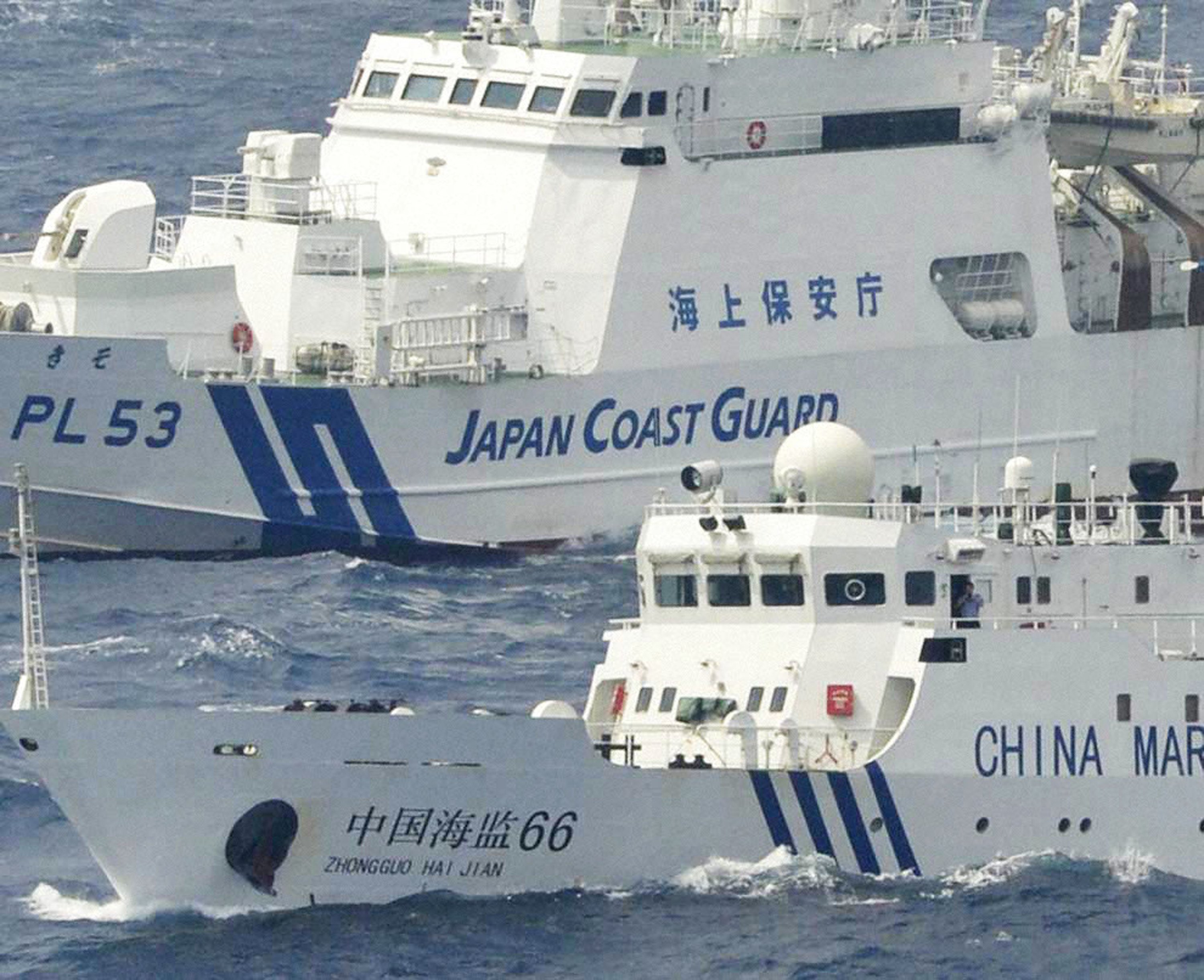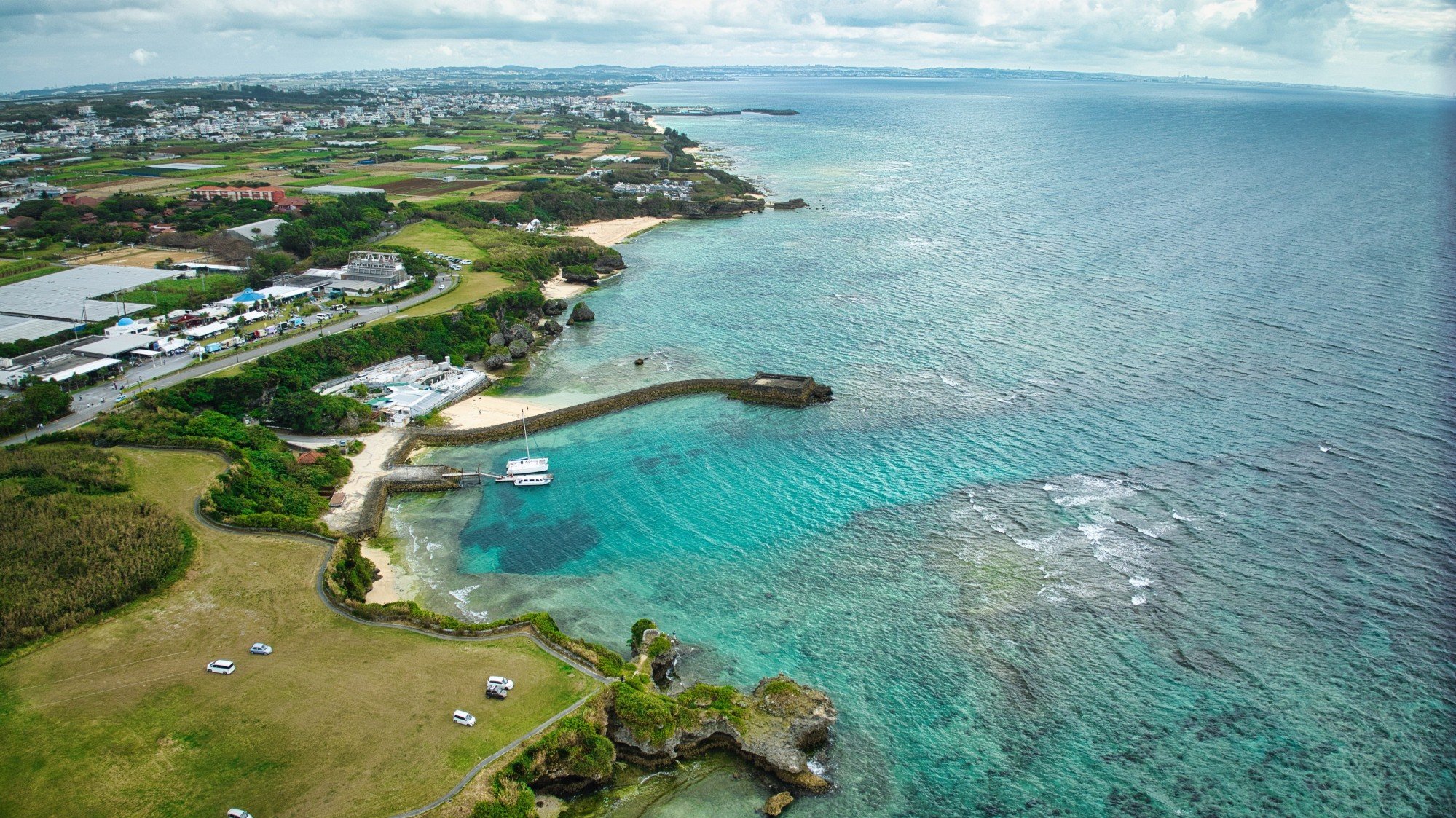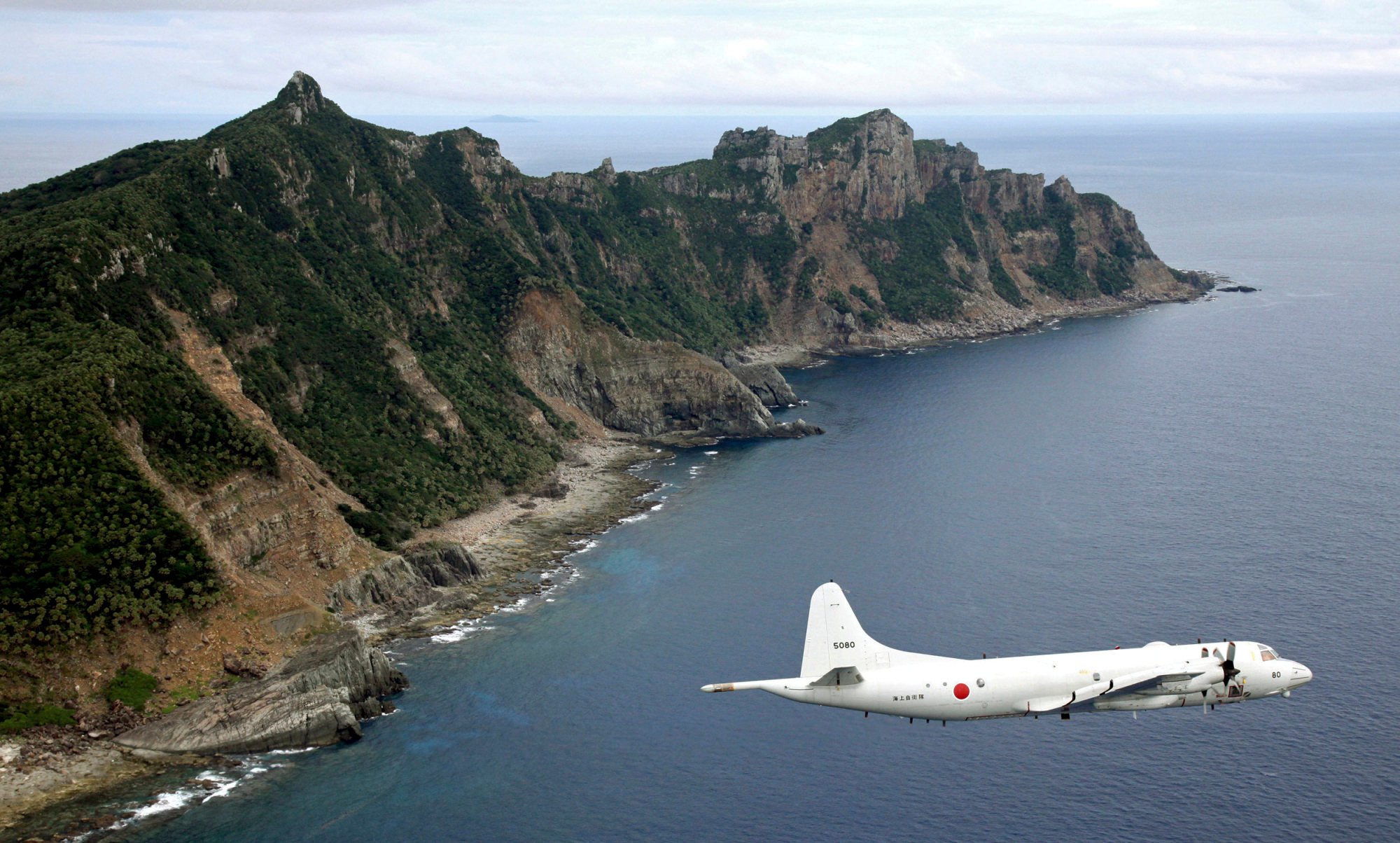Why Japan’s coastguard has a recruitment problem
The manpower shortage comes as Japan continues to clash with China over their rival territorial claims, such as in the Diaoyu Islands

The Japanese coastguard continues to experience a manpower shortage as its ability to safeguard the country’s sovereignty over disputed islands could be affected by the exit of hundreds of its staff.
A total of 389 people voluntarily resigned from the coastguard in 2024, according to a report in the Yomiuri newspaper, bringing its staff strength down to 14,123 as of the end of the financial year on March 31.
The personnel who left were six fewer compared with the same period a year earlier, partly due to an aggressive recruitment campaign. But there are concerns that more may leave the service this year.
Since 2013, the coastguard has been seeking to recruit more people to counter a rise in intrusions by Chinese vessels into waters around the Diaoyu Islands in the East China Sea. The islands are presently controlled by Japan, which refers to them as the Senkaku archipelago.
“The coastguard is facing a similar challenge to the Self-Defence Forces, although there are some differences,” said Garren Mulloy, a professor of international relations at Daito Bunka University and a specialist in military issues.
“One of the most fundamental problems for the coastguard is that by its nature, personnel are away from friends and family for extended periods, which makes it less appealing as a career choice,” he told This Week in Asia.
This is further complicated by the deployment of most of the coastguard’s ships and personnel to the islands of Okinawa prefecture to counter the maritime challenge from China. For many recruits, the islands in the distant southwest of Japan are far from home, and they are typically unable to see their loved ones on their days off.

Successive Japanese governments have endeavoured in the past decade to improve working conditions for members of the Japanese military, including pay increases and better accommodation, to encourage more people to join the services and stay longer, said Mulloy, adding that the coastguard had a reputation as a “good employer.”
“They have a good academy and look after their people well, but they still face the problem of keeping people who do not want to be stationed in the remote islands of the southwest for a couple of years,” Mulloy said.
The staff shortage could lead to an “escalator effect”, denting the coastguard’s capabilities, he added.
According to the coastguard, 243 of the 389 individuals who resigned were in their 20s and 93 were in their 30s.
Commenting on the figures, an official told the Yomiuri that there was a growing reluctance among coastguard personnel to accept relocation as part of their service, particularly young people who had recently married. Coastguard personnel are typically transferred between units every two or three years, and they can be at sea for more than 10 days, with no access to the internet.
Hiromi Murakami, a professor of political science at the Tokyo campus of Temple University, said she had discussed the issue of Japanese serving in the military in her class, and American exchange students had expressed surprise about the poor treatment of servicemen and women in the country.

“The American students often ask why those in the services here do not get more privileges,” Murakami said. They pointed out that Americans travelling in uniform were “respected by society”, enjoying perks such as being allowed to board flights first or have their seats upgraded, she added.
In contrast, Japanese service personnel did not get to enjoy such perks “even if they risk their lives to protect the country,” Murakami said. Given the lack of respect for the job, it was not surprising that few Japanese chose to work in the military, she added.
The manpower crisis faced by the Japanese coastguard comes at a time when private companies are also desperate to fill their ranks in an ageing population.
Japan’s government should partly be blamed for the problem due to constitutional uncertainties over the scope of the military’s operations in the event of an armed conflict, Murakami said.